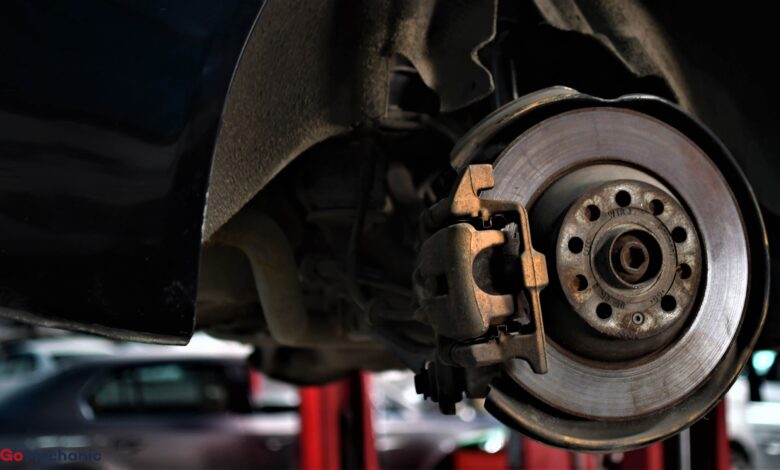The Benefits of Improved Braking Technology in Heavy Machinery

Hydraulic brakes have revolutionized heavy machinery, offering increased efficiency and safety when stopping. With their improved longevity and consistent stopping power, they quickly became the go-to braking system for various industrial applications. The advantages of hydraulic braking systems are numerous, making them an essential part of many industrial machines. From cranes and lifting gear to agricultural markets and trailers, hydraulic braking offers a wide range of control solutions that can be tailored to meet specific needs. The article delves into the basics of the hydraulic braking system and the benefits that make them popular.
What Are Hydraulic Brakes?
Hydraulic braking systems are a type of braking system that uses fluid pressure to create a braking force. They rely on the power of hydraulic fluid to create resistance when the brake pedal is depressed. This resistance is then transferred to the wheels and helps to slow or stop the vehicle.
Different Types of Hydraulic Braking Systems
A few different types of hydraulic brakes can be used in industrial machinery applications. The most common type is the disc brake, which utilizes a set of discs clamped together when the brake pedal is depressed. Another type is the drum brake, which uses friction between drums to slow the vehicle. Finally, the anti-lock brake system (ABS) is a hydraulic brake system designed to reduce skidding and maintain control in wet or slippery conditions.
Benefits of Hydraulic Braking System
Increased Safety
One of the most significant benefits of hydraulic braking is its increased safety level. Unlike traditional mechanical brakes, hydraulic systems provide a much faster and more reliable response, reducing the risk of accidents and injuries. Additionally, hydraulic systems have fewer moving parts, reducing the likelihood of equipment failure, which can cause accidents.
Consistent Braking Performance
The hydraulic system provides a consistent level of braking power, regardless of the load or operating conditions. This ensures that the equipment stops when needed, providing operators with peace of mind and increased safety.
Improved Efficiency
Another advantage of hydraulic braking is its improved efficiency, particularly when compared to mechanical brakes. Hydraulic systems are much more reliable and require less maintenance, reducing downtime and maximizing productivity. Additionally, hydraulic braking systems are designed to last much longer than mechanical systems, reducing the need for frequent replacements and maintenance costs.
Faster Braking Response
Hydraulic or liquid brakes have a faster response time than mechanical brakes, which can help improve the equipment’s overall efficiency. This fast response time can be crucial in emergencies, allowing the operator to bring the machinery to a stop quickly and safely.
Increased Longevity
One of the most significant benefits of fluid brakes is their increased lifespan compared to mechanical brakes. The hydraulic system is designed to last much longer, reducing the need for frequent replacements and maintenance. Additionally, the system is designed to operate in harsh environments, providing a more durable solution for heavy machinery equipment.
Conclusion
In conclusion, Hydraulic braking systems have become a reliable and cost-effective choice for heavy machinery equipment in various industries. The system offers a range of benefits, including improved safety, efficiency, and longevity. It also provides peace of mind and increased production capabilities to operators of industrial machinery. As such, hydraulic braking systems provide a valuable solution that ensures the highest safety standards while safeguarding against potential production losses.